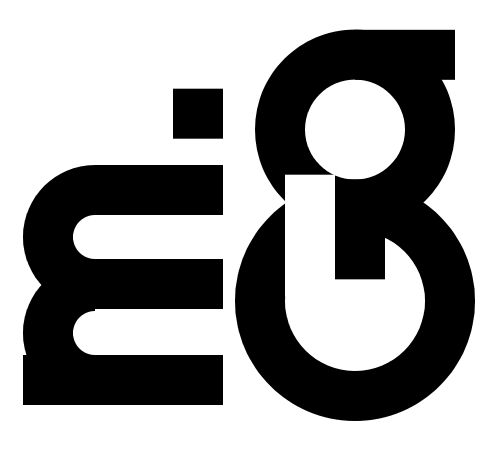Seven months later, contemplating technology’s march and humanity’s crossroads
It’s been seven months since my last entry here. Seven months of silence as the digital world transformed itself several times over. All it took was a subscription renewal email from EasyWP to bring me back to this space. As I was contemplating on just moving everything to GitHub, I have a strong feeling that it would likely just gather digital dust in perpetuity.
So here we are. Subscription allowed to renew, commitment refreshed, with the modest goal of showing up at least once a week.
In my absence, the AI landscape has undergone nothing short of a revolution. We’ve witnessed new techniques that have transformed large language models from interesting conversationalists to increasingly reliable knowledge partners. Multimodal capabilities have exploded, with text-to-video technologies achieving results that would have seemed like science fiction just a few months ago. The democratization of AI tools continues at breakneck speed, with capable models now running locally on consumer hardware.
Every week brings announcements that would have been headline news for a month just a year ago. The pace is simultaneously exhilarating and exhausting. Sometimes I wonder if we’re all collectively holding our breath, watching the technological equivalent of splitting the atom happen in slow motion across a thousand research labs and startups.
But technology doesn’t exist in a vacuum. These seven months have also witnessed a world in political turmoil. New alliances form while longstanding ones fracture. Economic systems strain under pressures both predictable and unexpected. Information warfare has evolved beyond propaganda into something more insidious – reality itself seems increasingly malleable in public discourse.
There’s a sense that we’re approaching an inflection point. The convergence of transformative AI capabilities, political realignment, climate pressures, and economic recalibration feels like tectonic plates shifting beneath our feet. A new world order indeed seems to be materializing on the horizon – not in the conspiratorial sense, but in the plain observation that the structures that have organized global society for decades are undergoing profound transformation.
Will this emergent order serve humanity well? That’s the question that keeps popping up in my mind. Technology itself is neutral, but its application never is. The same AI advances that could help solve climate change could equally enable unprecedented harm. The same economic transitions that might create more equitable systems could instead entrench new hierarchies of privilege and exclusion.
I find myself cautiously optimistic, though. Not because I believe in technological determinism or the inevitable march of progress, but because I see more people asking the right questions. The conversation around AI has matured significantly. We’re moving beyond simplistic utopian/dystopian binaries toward nuanced discussions of governance, alignment, and democratization.
So here’s my commitment – not just to renewing a web hosting subscription, but to engaging with these questions regularly in this space. From examining cutting-edge AI developments to reflecting on their implications for our collective future, with occasional detours into vintage stuffs and other analog joys that keep us grounded in the physical world.
Because if a new world order is indeed on the horizon, its shape will be determined not by technology itself, but by how we choose to use it, regulate it, and integrate it into our societies. The future remains unwritten, and I’d like to think that spaces like this – where we can thoughtfully consider the path ahead – play some small part in steering us toward the more humane possibilities.

Leave a Reply